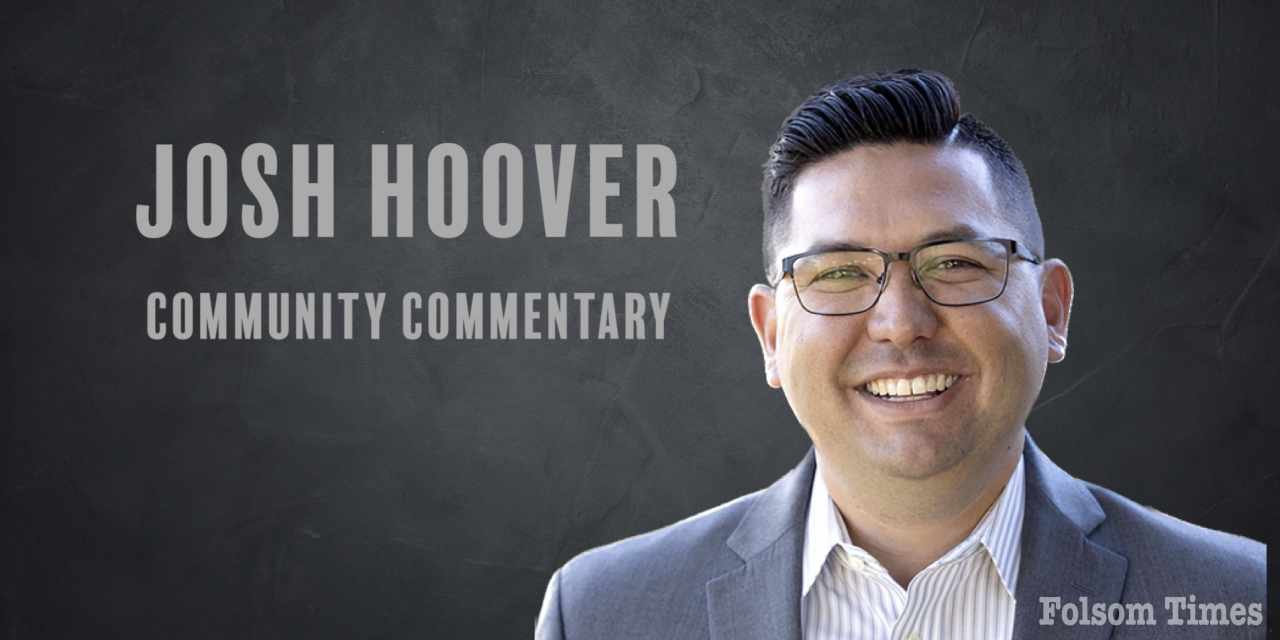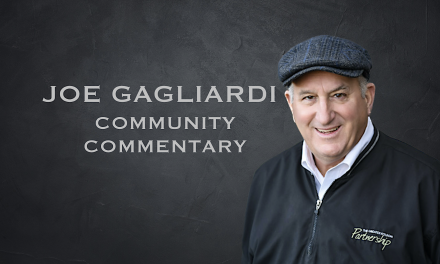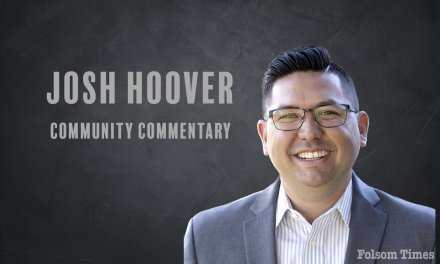Compassion is an important part of our state’s response to the homelessness crisis, but California’s current approach is anything but compassionate. Many of our policies have good intentions and appealing names like “housing first” and “harm reduction,” but in many cases, they have actually enabled people to stay on the streets. Changing this requires a renewed focus on accountability and treatment.
That’s why I have introducedAssembly Bill 1432, the Homelessness Accountability, Recovery, and Treatment (HART) Act. This legislation would make two important changes to current law.
First, it would allow the state to dedicate up to 40 percent of its homelessness resources to recovery-centered treatment programs that require individuals to commit to sobriety as a prerequisite for participation. We have some amazing organizations doing this work in our community and getting real results, but none of them qualify for state funding because they are not considered “housing first” programs. A recentUCSF studyrevealed that nearly 40 percent of people experiencing homelessness report struggles with drug addiction. We need to recognize that treatment, not just housing, is the key to success for many individuals.
Second, the bill would require nonprofits that receive taxpayer dollars to track their spending and report back on specific performance metrics. This is a necessary step to make sure our investments are funding programs that actually work. In 2024, mybipartisan audit of homelessness spendingidentified a number of troubling findings. In short, the state has failed to systemically track homelessness spending and, in many cases, does not know where tax dollars have been spent. Unfortunately,Governor Newsom vetoed my billlast year to implement the Auditor’s recommendations. The HART Act gives him another opportunity to do the right thing.
The state’s current approach on homelessness is failing. According to themost recent numbersfrom the nonpartisan Legislative Analyst’s Office, our state has spent $37 billion taxpayer dollars on housing and homelessness over the past six years. In 2019, California’s homeless population was just over 151,000. Today it is 187,000.
Bipartisan support is growing for changing course, especially among big city Democratic mayors. San Jose Mayor Matt Mahanrecently criticizedthose defending the status quo saying, “Sadly some Sacramento politicians are fighting to preserve the status quo on homelessness. Leaving people to live and die on the streets is not the answer.”
California can support local governments by embracing new policies that support their efforts to get people the help they need. With a little more HART, we can develop a truly compassionate approach that holds providers accountable and helps people escape the cycle of homelessness.
Assemblyman Josh Hoover represents the 7th Assembly District in Sacramento County, which includes the cities of Citrus Heights, Folsom, and Rancho Cordova and the unincorporated communities of Carmichael, Fair Oaks, Foothill Farms, Gold River, Mather, McClellan Park, North Highlands, Orangevale, and Rosemont. You can follow him on X @joshua_hoover or contact his office atAssemblymember.Hoover@assembly.ca.gov.




